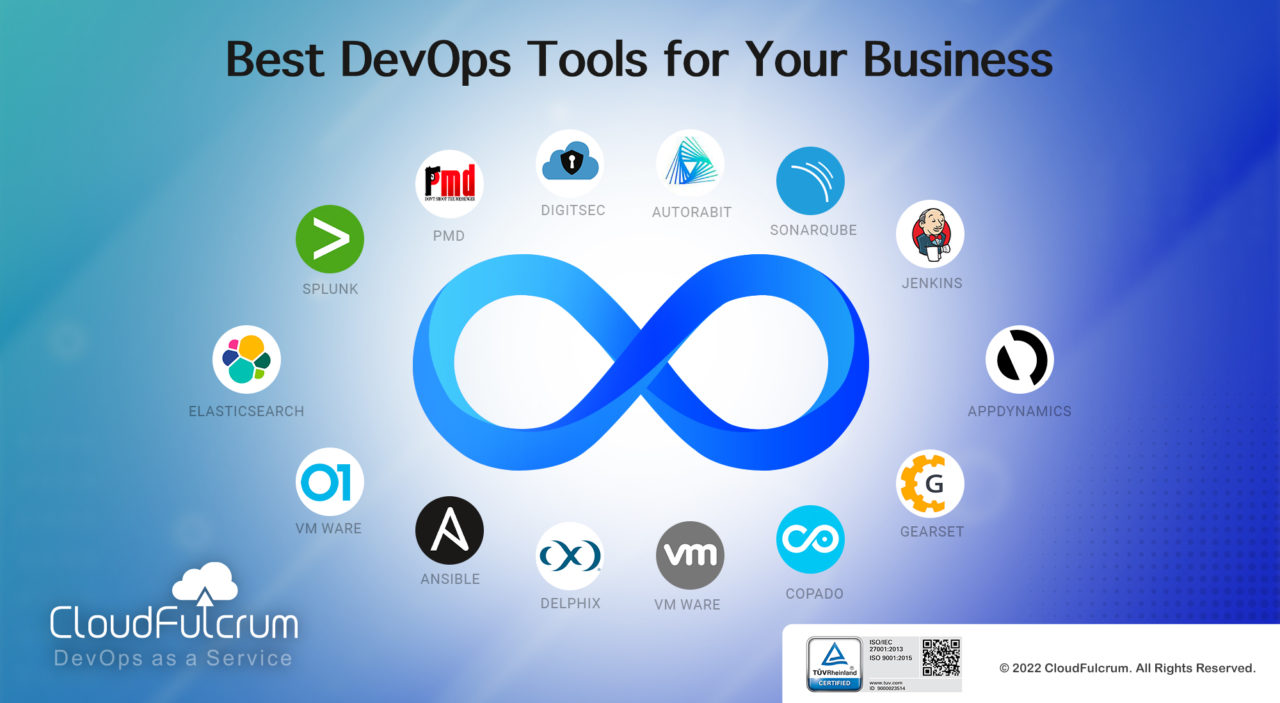Are you feeling overwhelmed by the endless options for operations software on the market? You’re not alone.
Picking the right software can be a game-changer for your business, boosting efficiency and streamlining processes. But the wrong choice? That can lead to frustration and wasted resources. Picture this: a smooth-running operation where every task is simplified and manageable.
Imagine the peace of mind that comes with knowing your business is optimized for success. This guide will help you cut through the noise and focus on what truly matters for your business. Dive in to discover how you can make an informed decision that aligns perfectly with your goals and needs. Your journey to finding the ideal operations software starts here.
Understanding Operations Software
Understanding operations software is crucial for businesses looking to streamline their processes and improve efficiency. This software acts as the backbone of your business, managing tasks ranging from inventory control to customer relations. It’s vital to grasp what operations software can do for you and how it can transform your everyday business activities.
Operations software isn’t just about technology; it’s about enhancing the way you work. Have you ever felt overwhelmed by the sheer number of tasks you need to handle daily? That’s where this software comes in, helping you organize and automate those tasks seamlessly.
Think about how much time you could save if repetitive tasks were automated. Imagine a system that updates inventory levels without you having to lift a finger. Picture customer inquiries being routed to the right team member instantly. This is the power of operations software.
But with so many options out there, how do you choose the right one for your business? Let’s break it down:
What Is Operations Software?
Operations software is a tool designed to help businesses manage and optimize their daily operations. This software can range from simple task management apps to comprehensive enterprise systems.
The right operations software will align with your business needs, enabling smooth workflows and reducing manual errors. It’s essential to understand the types of operations software available and the specific features they offer.
Key Features To Look For
When evaluating operations software, consider features that will benefit your business the most. Look for software that offers real-time analytics, customizable dashboards, and seamless integration with your existing systems.
Automation capabilities are crucial. They help reduce the time spent on mundane tasks. Also, ensure the software is user-friendly; complex interfaces can hinder productivity.
Benefits Of Implementing Operations Software
Implementing operations software can lead to increased efficiency and accuracy in your business processes. It can improve communication within your team and enhance customer satisfaction.
Moreover, it can provide valuable insights into your operations, allowing you to make informed decisions. By leveraging these insights, you can identify areas for improvement and drive your business forward.
Common Challenges And How To Overcome Them
One challenge businesses face is the initial learning curve when adopting new software. To tackle this, invest in training and support for your team.
Compatibility with existing systems can also be a concern. Choose software that integrates well with the tools you already use. This will ensure a smoother transition and minimize disruptions.
Ultimately, understanding operations software means recognizing its potential to elevate your business. Are you ready to take the leap and choose the right software to transform your operations?

Credit: www.getguru.com
Key Features To Consider
Choosing operations software involves evaluating user-friendly interfaces, integration capabilities, and scalability. Efficient data management and robust support are crucial for seamless business operations. Prioritize security features to protect sensitive information.
Choosing the right operations software for your business can feel overwhelming with so many options available. Identifying key features ensures you select software that supports your business goals and streamlines operations. Consider the following critical features to make an informed decision.
User Interface And Experience
A user-friendly interface can make or break your team’s productivity. Think of the software you enjoy using daily—likely because it’s intuitive and easy to navigate. Your operations software should offer a similar experience, minimizing the learning curve for your team.
A clean, organized layout is essential. Does the software allow for customization to fit your workflow? Prioritize software that lets you tweak the dashboard and reports, tailoring them to your business needs.
Integration Capabilities
Can the software easily connect with your existing tools and platforms? Integration is crucial to ensure seamless data flow across your business. Software that doesn’t integrate well can lead to data silos, causing frustration and inefficiency.
Look for options that offer robust APIs or connectors to popular tools you already use. This connectivity ensures your operations remain smooth and your teams stay aligned.
Scalability Options
Your business will grow, and your operations software should grow with you. Consider if the software can handle an increase in users, data, and processes without a hitch. You don’t want to switch systems just as your business is taking off.
Check if the software provider offers different tiers or packages that cater to various business sizes. This flexibility can save you from future headaches as your needs evolve.
Security Measures
Security is paramount when dealing with sensitive business data. What measures does the software take to protect your information? Robust security protocols safeguard your business from potential threats and data breaches.
Look for features like two-factor authentication, encryption, and regular security updates. Knowing your data is protected gives you peace of mind and allows you to focus on what truly matters—growing your business.
Choosing the right operations software is an investment in your business’s future. Have you considered these key features in your search? Make sure your choice supports your growth, aligns with your tools, and keeps your data secure.
Assessing Business Needs
Choosing the right operations software is crucial for business success. To make an informed decision, start with a clear understanding of your business needs. This helps you tailor software solutions to fit your unique requirements and goals. Assessing business needs involves analyzing workflow demands, budget constraints, and industry-specific solutions.
Identifying Workflow Requirements
Examine your current processes to spot inefficiencies. Consider how tasks are assigned and completed. Identify areas needing improvement. Determine what features can streamline operations. Customization options may be necessary to match your workflow. Consider software that adapts to your business structure.
Budget Constraints
Set a realistic budget for your operations software. Understand your financial limits before exploring options. Compare costs and features to get value for money. Remember, higher cost doesn’t always mean better software. Look for flexible pricing models that suit your budget. Ensure the software provides essential functions without overspending.
Industry-specific Solutions
Some industries have unique requirements. Select software tailored to your industry needs. Industry-specific solutions offer specialized tools and features. These cater to distinct challenges and regulations. Research options that focus on your sector. This ensures compatibility with your business environment.
Evaluating Software Providers
Choosing the right operations software is crucial for business success. Evaluating providers helps ensure you make the best choice. This involves checking their reputation, support quality, and trial options. Each aspect is vital. It impacts how the software fits your needs. The right provider offers more than just software. They offer a partnership. Let’s explore these key factors further.
Reputation And Reviews
Start by researching the provider’s reputation. Check online reviews and testimonials. They offer insights into user experiences. Positive reviews often indicate reliability and quality. Look for consistent feedback. It helps identify common strengths or issues. A provider with a solid reputation is usually a safer choice.
Customer Support Quality
Good customer support is essential. It can make or break your software experience. Assess the support options available. Is there 24/7 support? Do they offer live chat or phone support? Quick response times are important. They minimize downtime and frustration. Consider reaching out to test their response. This can give you a sense of their service quality.
Trial And Demo Opportunities
Trials and demos are invaluable. They let you explore the software firsthand. This helps in understanding its features and usability. Look for providers offering free trials. They allow you to test without commitment. Demos offer guided tours. They highlight key functions and benefits. These opportunities aid in making an informed decision.
Implementation Strategies
Implementing new operations software can transform your business processes. But it’s not just about choosing the right software. It’s about executing the implementation effectively. The right strategies ensure smooth integration and minimal disruption. Let’s dive into key components of successful implementation strategies.
Training And Onboarding
Training your team is crucial. Employees need to feel comfortable with new software. Conduct hands-on workshops. Use clear, simple guides. Offer continuous support. This builds confidence. And boosts productivity quickly.
Data Migration Plans
Data migration is often a complex task. Start with a solid plan. Identify which data to transfer first. Ensure data integrity throughout the process. Use automated tools where possible. Test the migration in stages. This approach minimizes errors and data loss.
Change Management Approaches
Change can be challenging for teams. A thoughtful change management approach is essential. Communicate clearly with all stakeholders. Explain the benefits of the new system. Address concerns early. Encourage feedback. This promotes a positive transition experience for everyone involved.

Credit: www.cloudfulcrum.com
Future-proofing Your Choice
Choosing the right operations software is crucial for business growth. Ensuring your choice is future-proofed can safeguard your investment. Technology evolves rapidly, and your software should keep pace. Consider these essential factors to future-proof your decision.
Regular Updates And Upgrades
Software must receive regular updates. Updates bring new features and enhance security. Without updates, technology can become outdated quickly. Check if the provider offers consistent upgrades. This ensures the software stays relevant.
Adaptability To Market Changes
Adaptability is key for any software solution. The market shifts frequently, and your software should adjust accordingly. Choose software that can easily integrate new tools. This flexibility helps your business adapt to changing demands. It reduces the risk of falling behind competitors.
Long-term Partnership Potential
A good software provider values long-term relationships. They offer strong support and understand your business needs. Look for partners who are committed to helping your business grow. This partnership ensures your software evolves with your business. A reliable partner can make a significant difference in your success.

Credit: vocal.media
Frequently Asked Questions (FAQ):
What Is Operations Software?
Operations software is a tool that streamlines business processes and enhances efficiency. It helps manage tasks such as inventory control, project management, and resource allocation. Automating repetitive tasks frees up time for strategic planning and decision-making, ultimately boosting productivity and profitability.
How Does Operations Software Improve Efficiency?
Operations software improves efficiency by automating routine tasks and optimizing workflows. It reduces human error and ensures consistent data management. By providing real-time insights and analytics, it aids in informed decision-making. This leads to faster processes, reduced costs, and improved overall operational performance.
What Features Should I Look For In Operations Software?
Look for features like automation, integration capabilities, and real-time analytics. Ensure it offers scalability and customization to fit your business needs. User-friendly interfaces and strong security measures are crucial. Support for mobile access and collaboration tools can enhance team productivity and flexibility.
Is Operations Software Suitable For Small Businesses?
Yes, operations software is suitable for small businesses. It helps streamline processes and reduce manual workloads. Automating repetitive tasks allows small businesses to focus on growth and innovation. Scalable options ensure affordability, making it accessible to businesses with limited resources.
Conclusion
Choosing the right operations software boosts business efficiency. Careful selection saves time and money. Ensure the software fits your needs well. Remember to consider scalability and support. Check user reviews for insights. Test the software before buying. This helps in making a confident decision.
Prioritize ease of use for your team. The right choice enhances productivity and growth. Proper research leads to successful implementation. Keep these tips in mind to simplify the process. Your business deserves the best tool. Find the software that aligns with your goals.
